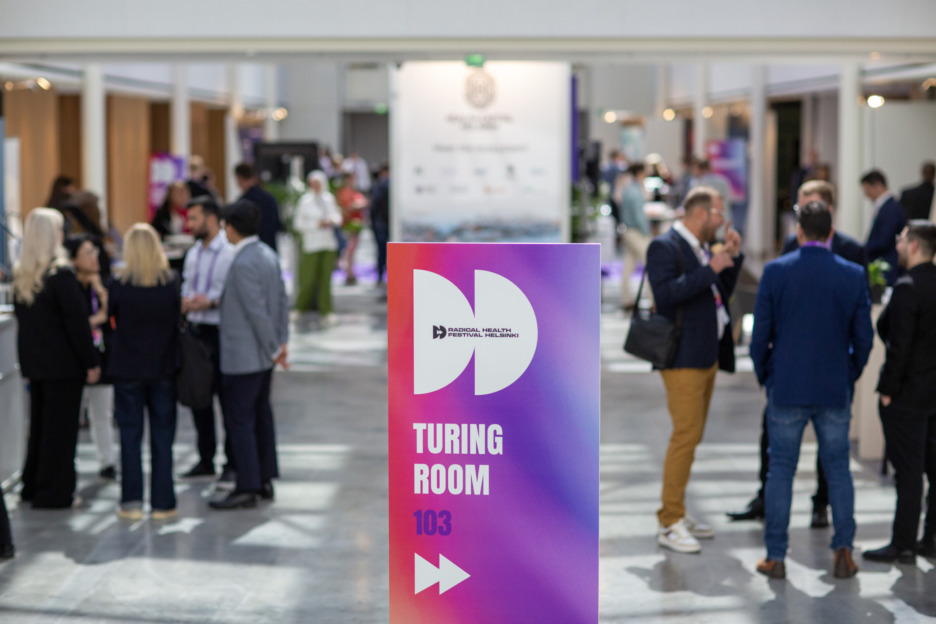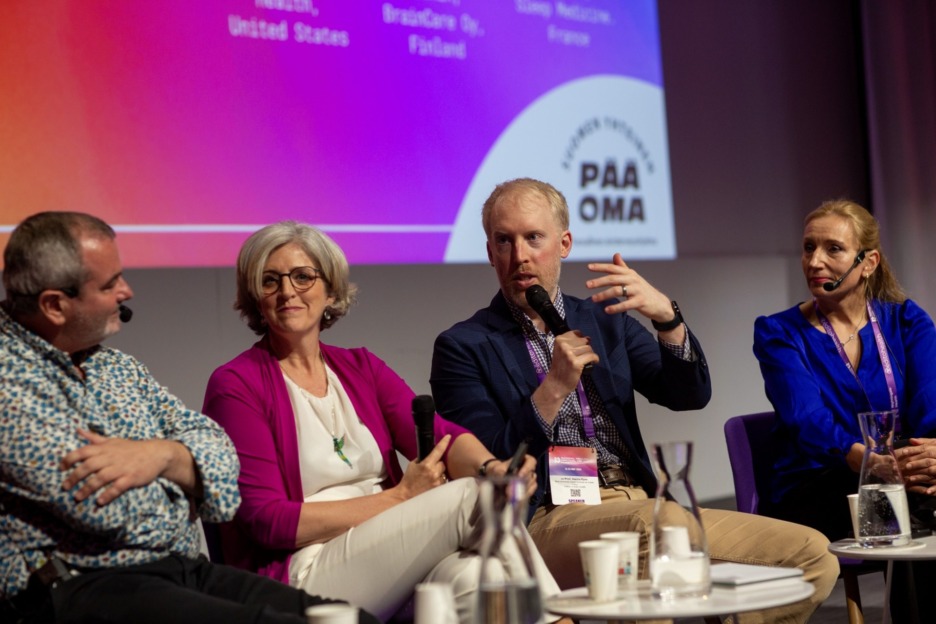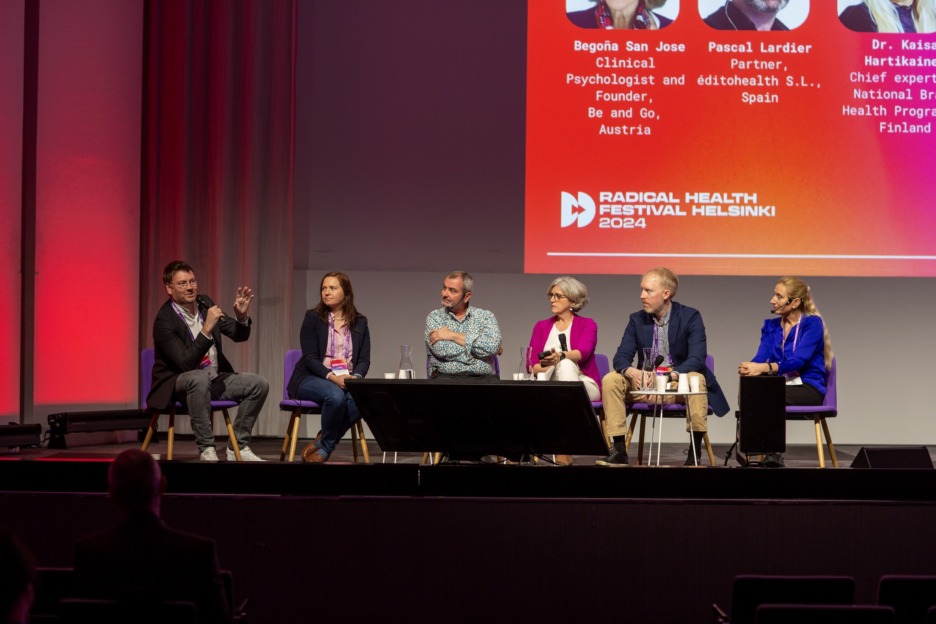Precision Health and the EHDS

As Europe continues its transformative digital health journey, the European Health Data Space (EHDS) emerges as a pivotal initiative offering new opportunities for precision health. Published in March 2025, the new regulation represents an ambitious and unprecedented approach to harnessing the power of health data, not only to personalise care, improve outcomes or boost clinical research, but also to promote prediction, early detection and prevention. By exponentially multiplying data-driven insights into risk factors, disease patterns and intervention effectiveness, it will help health systems shift from reactive treatment models to proactive and predictive approaches that identify health risks before they manifest as serious conditions. This paradigm shift promises to transform population health management while simultaneously personalising prevention and treatment plans nd aempowering individuals with greater control over their own health data.
The Vision and Objectives of the EHDS
The European Health Data Space represents a comprehensive framework that will transform health and care delivery across the EU. It is not a single health database where every EU citizen’s health data is centralised. It is a framework that provides governance and infrastructure for accessing and using health data. The timeline for implementation extends to 2028, supported by over €810 million in EU funding. For primary use, it enables seamless cross-border healthcare. If you have an accident or become ill while working or travelling in a different Member State, the local health system will be able to access your health records and, at the end of your treatment, add your discharge report to it. For secondary use, the EHDS enables researchers to see what data is available, where it is located and confirm its level of quality. They will also be able to access the data in a more effective and less expensive way, through a health data access body that maintains state-of-the-art privacy and security. Health is now about data: the more quality data we can work with, the better the insights, the predictions, the prevention plans and the care pathways.
The EHDS Potential for Precision Health
Precision health is a data-driven, proactive and lifelong approach to health that starts before symptoms arise and focuses on personalising prevention and treatment plans based on each individual’s unique biological, environmental and lifestyle risk factors. The EHDS provides essential infrastructure to operationalise precision health at unprecedented scale across Europe. By enabling secure access to comprehensive, standardised health datasets from diverse populations, the framework creates opportunities for researchers to identify previously undetectable patterns. The standardised European Electronic Health Record Exchange Format ensures data integration across different healthcare systems, creating holistic patient profiles spanning multiple care settings. For precision prevention, the EHDS also offers transformative potential. Population-level analytics can identify and confirm risk factors, early disease indicators and preventive intervention effectiveness, and support the development of sophisticated predictive models for risk assessment. Analysing health outcomes across Europe’s diverse populations will facilitate prevention strategies that account for genetic predisposition, lifestyle factors and social determinants of health.
Implementation Challenges Ahead
Despite its transformative potential, the practical implementation of the EHDS faces substantial challenges. Technical interoperability remains an important concern, as healthcare systems across Member States operate on diverse platforms with varying data standards. The required harmonisation demands significant infrastructure investments and comprehensive technical adaptations. Data governance presents additional complexity. Whilst building upon frameworks such as GDPR, health data’s unique characteristics require specialised safeguards. Balancing individual privacy rights with collective benefits and maintaining public trust while enabling medical advances demands nuanced approaches. Establishing health data access bodies in each Member State presents considerable organisational challenges. These entities must rapidly develop expertise, processes and technical capabilities to evaluate access requests and maintain secure processing environments. Cultural resistance to change may also prove a break, requiring extensive training and support for healthcare professionals adapting to new digital workflows. This is where EHTEL, a key partner of the Radical Health Festival, can leverage its extensive expertise in data management to support you in this ambitious and transformative move.
“The EHDS is coming: Let’s get ready”
This is the title of the EHTEL Symposium that will be hosted at the upcoming Radical Health Festival, taking place 19–21 January 2026 in Helsinki. The event, focusing on “operationalising precision health”, will host the EHTEL Symposium as a dedicated track in the main programme to specifically address these implementation challenges. Focusing on implementation and convening data specialists, healthcare professionals, researchers, policymakers, pharma and medical devices executives, startups and technology developpers, and patient advocates, the Festival is the perfect environment to host this collaboration and share best practices for the successful deployment of the EHDS. EHTEL’s symposium will give a special focus to primary use and target in particular the hospital executives in charge of data management and facing the immediate challenge of implementing cross-border health data exchange systems. The European Health Data Space represents a transformative opportunity to advance precision health across Europe. Implementation challenges are substantial, but the potential benefits justify the required efforts.
As Head of Unit ‘Digital Health’ at DG SANTE, Fulvia Raffaelli, emphasises: “It’s very much a team effort that will require digitalisation at local, national and regional level. The EU and the Member States are taking this ambitious step together, and it’s a substantial investment of money, time and effort. But it’s a sound and necessary investment that will ultimately save billions of euros, enormous time and effort, and most importantly – lives.”
Pascal Lardier, Principal, éditohealth and Content Lead, Radical Health Festival




